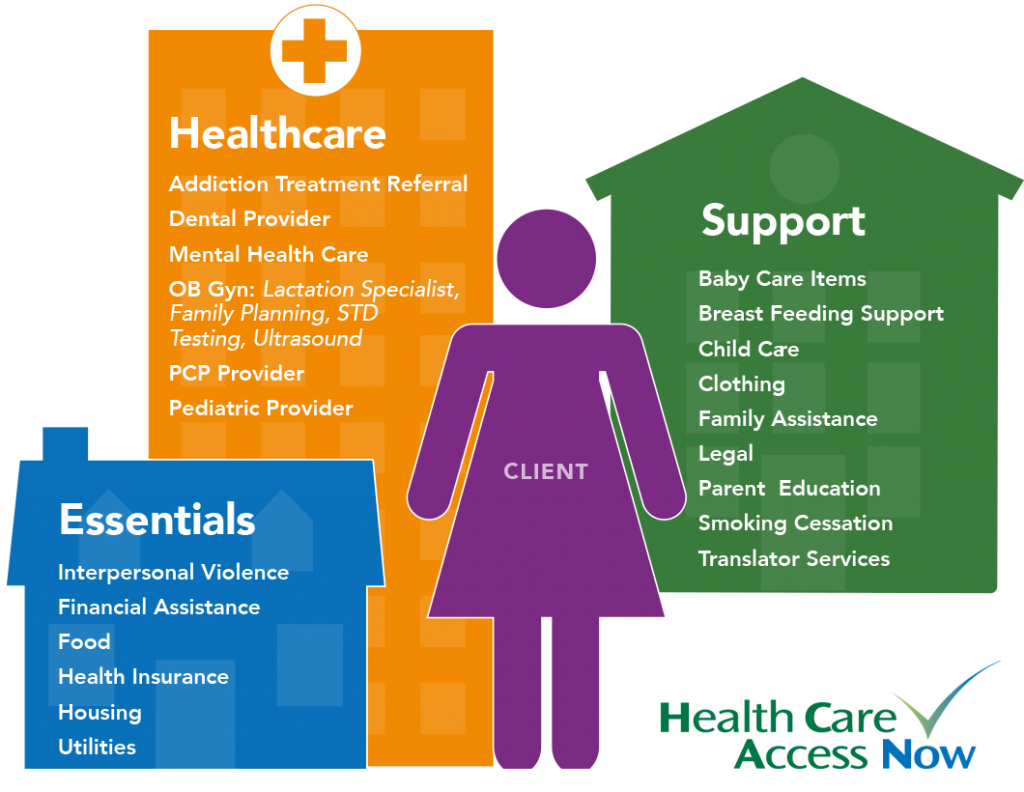What is Care Coordination?

The term “Care Coordination” is most commonly associated with medical providers, like doctors and nurses. In the medical provider realm care coordination is undertaken by multiple doctors who agree to share their findings concerning their common patient. The goal of their coordinated care is to improve health outcomes and also simultaneously reduce health care costs, by eliminating redundant testing and procedures.
Care Coordination, the HCAN way
At HCAN our goal is also to improve health outcomes and reduce medical costs but we are taking a much different approach, compared to the medical model. Our approach comes from a place of understanding that a person’s health will not improve if other nonmedical factors are not addressed first.
When considering a person’s health we look at factors such as where a person is living, their primary relationships and what kind of food they are eating, just to name a few. These nonmedical risk factors can become a complete barrier to health.
A client who is referred to HCAN meets with a Community Health Worker who uses their trained skills to determine which factors are most impacting their health. Once those factors are identified a plan is put in place to change their circumstances.

The Community Health Worker tracks the client’s progress throughout the execution of the plan. They ensure all partners and providers are talking to each other. When the pathway to a successful outcome has been made we know the care coordination has helped impact the client’s health.
HCAN delivers the Pathways Community HUB model, which is an evidence-based approach to Care Coordination. We became certified to deliver this model by the Pathways Community HUB Institute in 2016.




